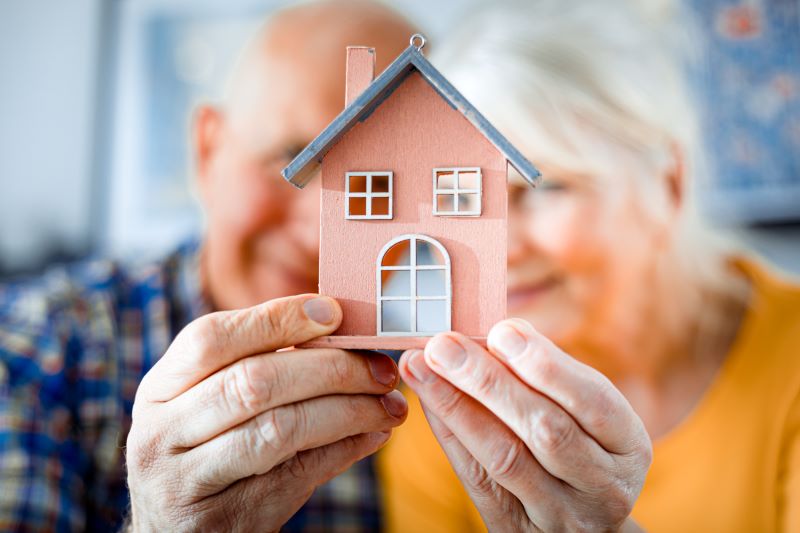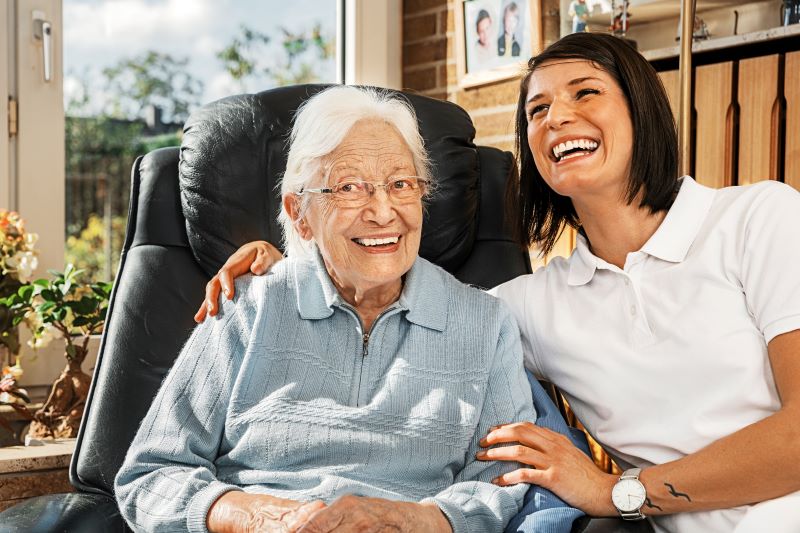- 5 Star Home Care COVID-19 Update PLEASE CLICK HERE
Fall-proofing a loved one’s home
Early signs of Alzheimer’s and how to slow its onset
August 23, 2018Helping loved ones with disorientation and confusion
August 25, 2018One of the most common causes of fatal and nonfatal injury to those over the age of 65 is falling, with more than one-third of people in that age group falling every year. However, removing obstacles from all areas of the home could be a potentially life-saving practice. Here are some easy ways to ensure a loved one is safe in their living space.
Clearing clutter
Clutter around common areas and especially on stairs and steps is one of the easiest ways for an elderly person to fall. Remove any unnecessary or large items in these spaces to reduce the chances of a loved one falling in the home. Keep electric cords and wires out of any walking paths, and make sure carpets and rugs are secured to the floor. To reduce the amount of extra items in the home, donate or trash anything that the homeowner doesn’t use often.
Good lighting
Dark hallways and staircases can be difficult for someone with bad eyesight to navigate. Make sure lightbulbs in these spaces are bright and routinely replaced. Think about spaces in the home that could use extra lamps or additional lighting features, and consider investing in those. Companion caretakers can help identify any spaces that may need better or replacement lighting.
Rails and grab bars
Installing bed rails and shower grab bars is extremely helpful for helping elderly individuals navigate some of the most frequently used spaces in the home. Hard surfaces in the bathroom make falls extremely dangerous, and it can be easy to lose balance on a slippery surface. If any staircases don’t have handrails — this is particularly common for basement stairs — consider having those installed.
Easy access
Making sure the most commonly used items in the home are easily accessible will help prevent unnecessary and dangerous actions, such as reaching or using chairs to grab objects that are high up. This is especially common in the kitchen, so assess the area and consult with the homeowner about what they most often need to access to make sure those items are easily within reach.
Emergency contacts
Companion care in Philadelphia can help ensure a loved one is looked after throughout the day if a family member is unavailable to be around at all hours. Get to know the neighbors, and have their phone numbers written down somewhere so that they can check in periodically. Additionally, write down any other emergency phone numbers and have them somewhere accessible for the homeowner. If they aren’t in the habit of carrying a cell phone, or don’t have one, consider investing in one to ensure they can contact 911 in the event of a fall.



